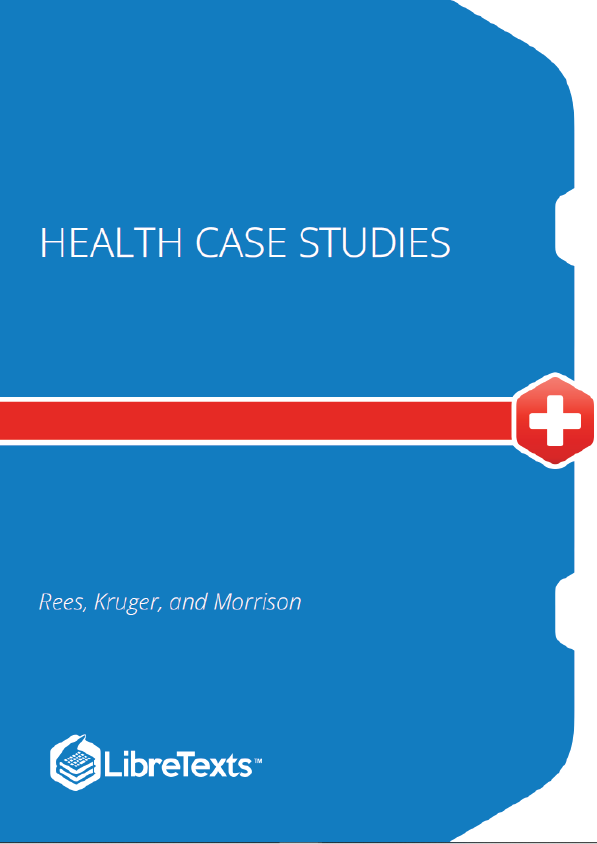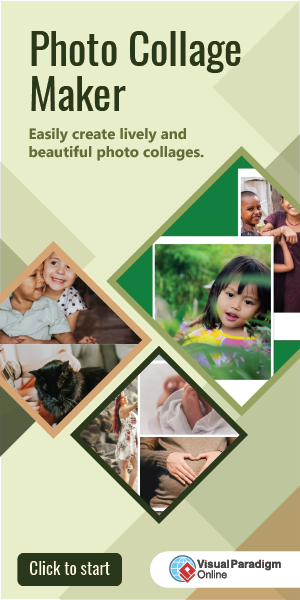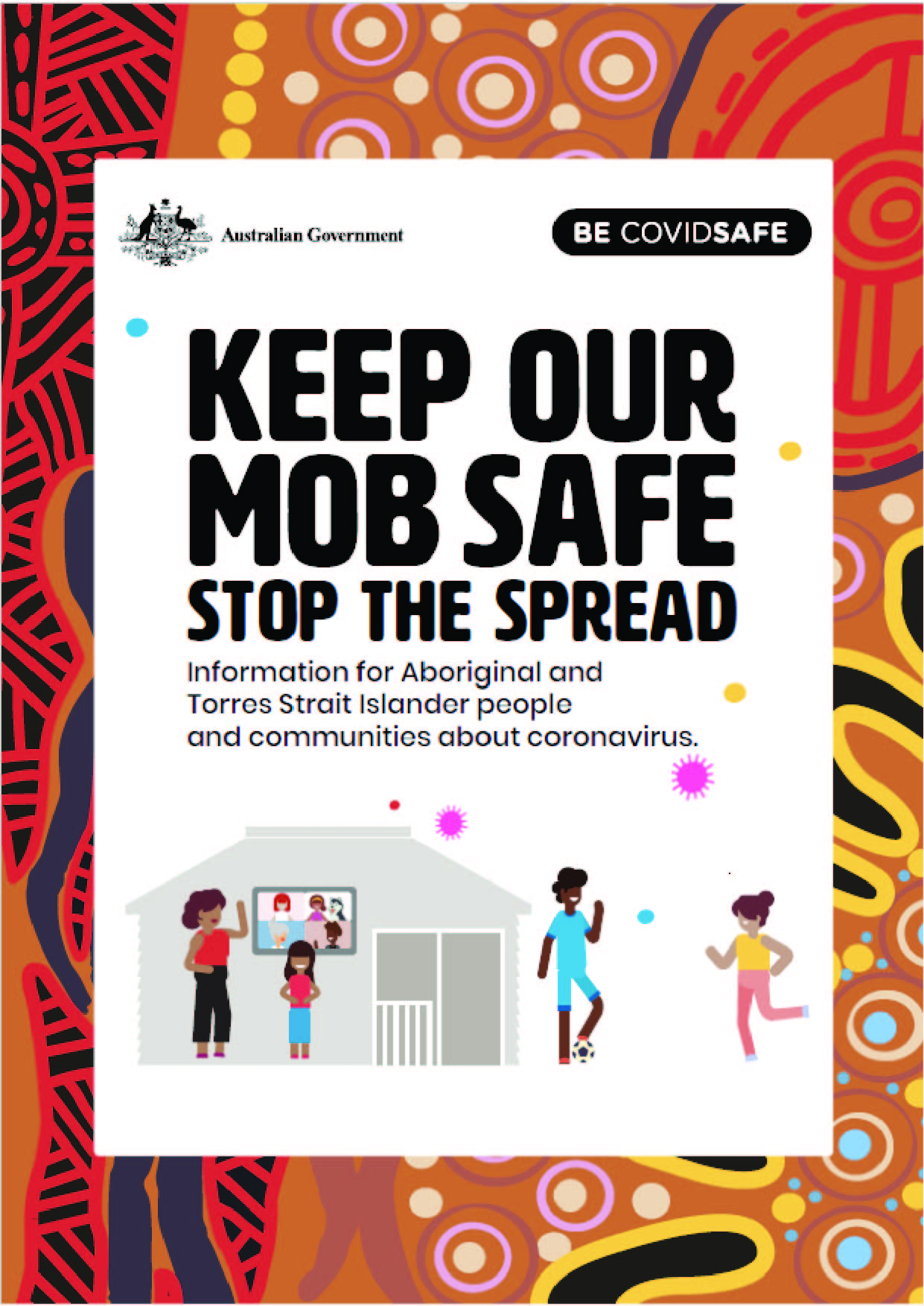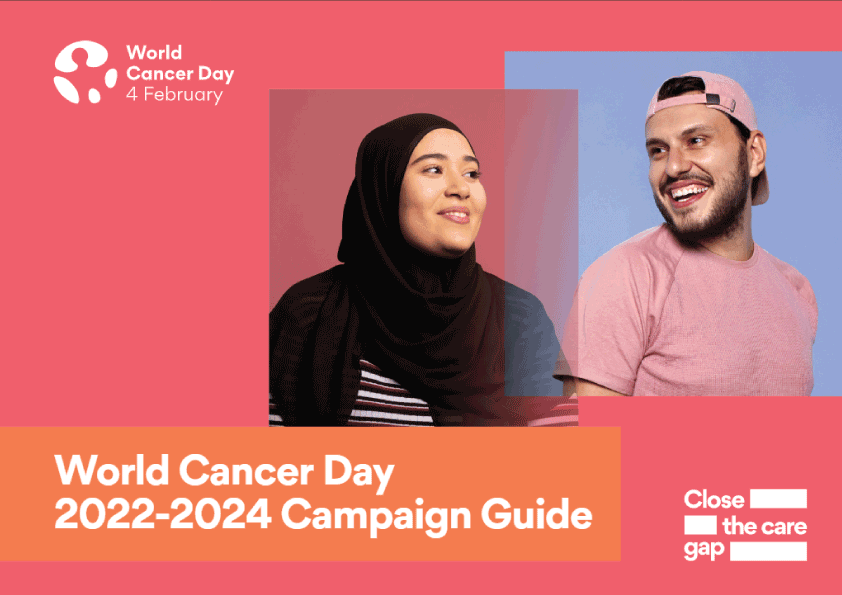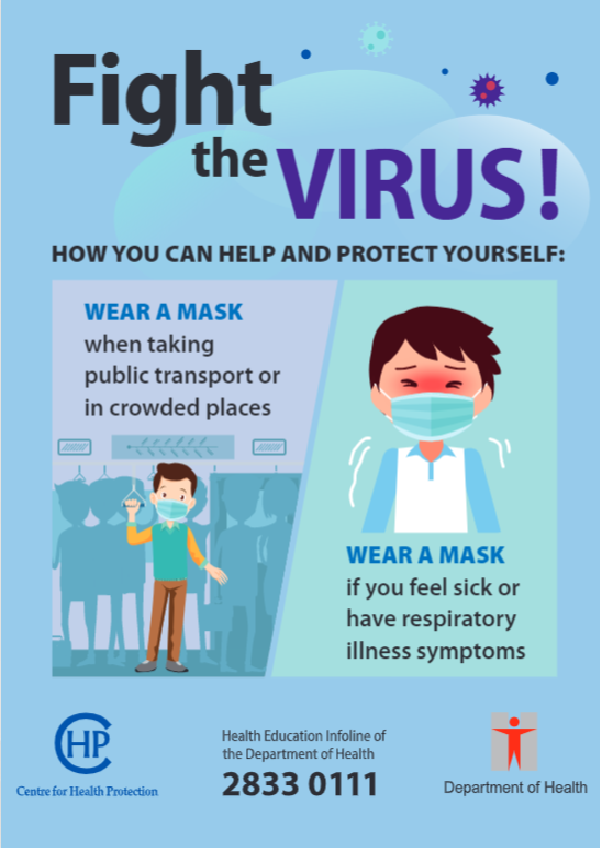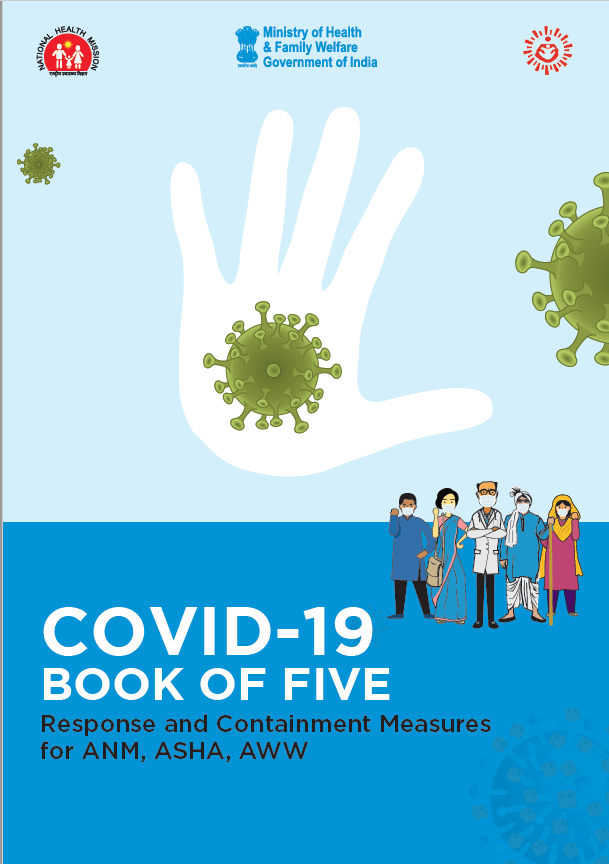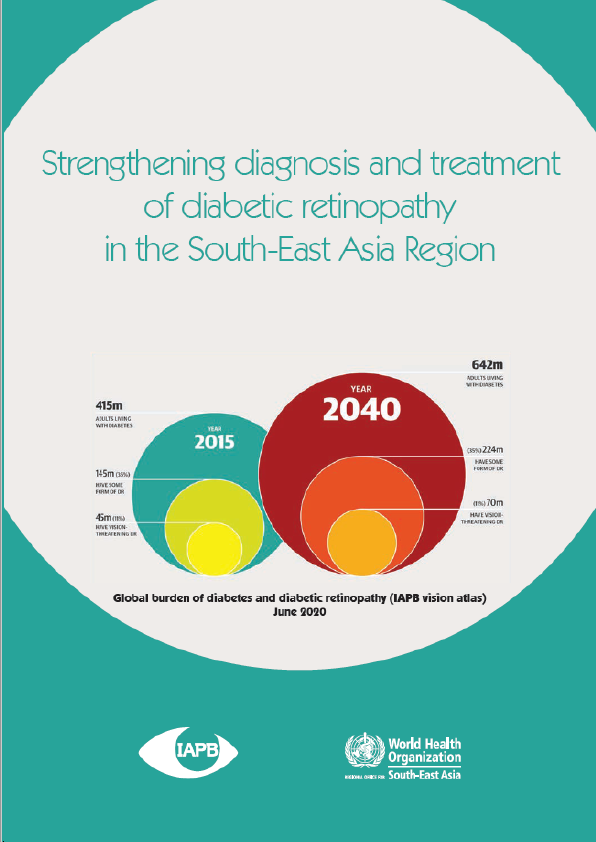Health Case Studies is composed of eight separate health case studies. Each case study includes the patient narrative or story that models the best practice (at the time of publishing) in healthcare settings. Associated with each case is a set of specific learning objectives to support learning and facilitate educational strategies and evaluation.
Introduction
The future of healthcare is becoming increasingly complex. Advancements in technology and research, along with an aging population with chronic healthcare concerns require more than one or two professions to address the health status of patients. Educating healthcare professionals for the current and future healthcare system should include common core competencies (Institute of Medicine, 2003). The below overarching objectives are suggestions for educators on how to expand the case studies in this resource, and how they can be used to fit the context of the learners and the curriculum. All health professionals should be educated to deliver patient-centered care as members of an interdisciplinary team, emphasizing evidence-based practice, quality improvement approaches, and informatics.
We have identified five overarching learning objectives for students using this resource.
1. Interprofessional Collaboration
A partnership between a team of health providers and a client in a participatory, collaborative and coordinated approach to shared decision-making around health and social issues (CIHI, 2010)
- Demonstrate an understanding of the Canadian healthcare delivery system
- Define/describe the roles of healthcare professionals and the contributions they make to the healthcare team
- Develop, promote, and exercise non-judgemental and inclusive practice respecting other cultures, values, and belief systems
- Demonstrate skill in team development and interprofessional practice in healthcare
- Appreciate the significance of standardized data and language to advance knowledge and articulate care provided
- Demonstrate skills in effective communication, professionalism, critical thinking, and ethical decision-making
- Communicate with other healthcare team members in a collaborative, responsive, and responsible manner
- Actively engage self and others, including the client/patient/family, by positively and constructively addressing disagreements as they arise
2. Patient Centred Care
- Seek out, integrate, and value, as a partner, the input and engagement of the patient/client/family/community in designing and implementing care and services
- Share power and responsibility with patients and caregivers
- Communicate with patients in a shared and fully open manner
- Take into account a patient’s individuality, emotional needs, values, and life issues
- Implement strategies for reaching those who do not present for care on their own, including care strategies that support the broader community
- Enhance prevention and health promotion
3. Evidence-Based Practice
- Identify where and how to find the best possible sources of evidence
- Formulate clear clinical questions
- Search for the relevant answers to clinical questions from the best possible sources of evidence, including those that evaluate or appraise the evidence for its validity and usefulness with respect to a particular patient or population
- Determine when and how to integrate these new findings into practice.
4. Quality Improvement
Measure quality of care in terms of
- structure, or the inputs into the system, such as patients, staff, and environments;
- process, or the interactions between clinicians and patients;
- and outcomes, or evidence about changes in patient’s health status in relation to patient and community needs
- Assess current practices and compare them to relevant better practices elsewhere as a means of identifying opportunities for improvement
- Design and test interventions to change the process of care with the objective of improving quality
